*NURSING > Text Book Notes > Contemporary Psychiatric- Mental Health Nursing. The therapeutic relationship. Complete Study Notes. (All)
Contemporary Psychiatric- Mental Health Nursing. The therapeutic relationship. Complete Study Notes.
Document Content and Description Below
LEARNING OUTCOMES A~er completing this chapter, you will be able to: I. Understand that people living with mental illness expect to engage in a therapeutic relationship that is equal and reciprocal... . 2. Encourage the systematic use of abilities and behaviours most often associated with growth-producing outcomes. 3. Analyse how phenomena such as resistance, transference, countertransference, critical distance, gift giving, the use of touch, and personal values affect the therapeutic relationship. 4. Incorporate an understanding of the three phases of the therapeutic relationship, and the main objectives and therapeutic tasks of each phase, into one-to-one work. 5. Apply the nursing process to the three phases of the therapeutic relationship. 6. Establish and maintain one-to-one relationships within the context of a person's cultural background. 7. Understand and appreciate the experience of living with mental illness. INTRODUCTION In the 21st century, psychiatric-mental health nursing continues to cautiously expand its neuropsychiatric focus. There have been advances in knowledge concerning the possible neurobiological basis of mental illness, in diagnostic technology and in the discovery of newer psychopharmacologic approaches (see Chapters 6 and 7) that suggest a neuropsychiatric paradigm of care. At the same time that people touched by issues with mental illness (hereafter referred to as 'people living with mental illness' or 'consumers') may have their needs for safety, structure and medication addressed, they also expect to be directly involved in decisions concerning their treatment. The challenge is to integrate both biological and psychosocial concepts while maintaining a collaborative focus on caring. The therapeutic relationship provides the opportunity to meet this challenge. The therapeutic relationship, also called the nurseclient relationship or one-to-one relationship, is one which uses theoretical understandings, personal attributes and appropriate clinical techniques such as those in Figure 2.1 • to provide the opportunity for a sustaining and positive emotional experience for people receiving treatment from mental health services. The therapeutic relationship has evolved as the cornerstone of psychiatric-mental health nursing theory and practice. Initially based on Hildegard Peplau's work on interpersonal relations in nursing (Peplau, 1952; 1997), the theory and practice of one-to-one work in nursing has been Non-jargon interactions Ongoing goal-setting Low distractibility Physical neutrality (no distracting, Assesses own interactions with consumer further developed by commentators such as Barker (1999). Current understandings of the importance of the therapeutic relationship in nursing must now take account of changing public and professional expectations of how mental health services ought to be organised and delivered; models of care are increasingly collaborative, and reflect the growing influence of the mental health consumer movement (Shattell, Starr & Thomas, 2007). We are challenged to creatively adapt the well-established principles of Peplau's work under changing conditions, such as briefer psychiatric hospitalisations and the increase in outpatient and community treatment. The current health care economic climate and the emergence of health consumerism have changed the face of the traditional therapeutic relationship advocated by Peplau and others. Nevertheless, the same key principles are incorporated in the everyday work of nursesbrief encounters, as well as consistent long-term relationships. It is also important to consider the increasing impact of information-communication technology (ICT) on human communication and social interaction broadly, and the therapeutic relationship more specifically. Some decades ago, McLuhan (1964) noted the ways in which the form of communication may influence the meaning and importance of what is being transmitted. Nowadays, almost all human communication is mediated by electronic devices (Schultz, 2001). However, the implications of !CT-mediated human communication for the herapeutic relationship are poorly understood. Increasingly, the written and spoken word is being modified to fit the transmission modes of electronic devices; the internet and mobile phones are increasingly relocating interpersonal communication to cyberspace, and are doing so in ways that (re)shape how we think and express ourselves (Hazelton & Morrall, 2011). The increasing use of what has been referred to as e-mental health-'mental health services and information delivered or enhanced through the internet and related technologies' (Jorrn, Morgan & Malhi, 2013)-imply transformations in the nature and processes of therapeutic work. Traditionally, discussions of the therapeutic relationship have assumed a face-to-face interaction, involving a nurse (or other health care provider) and the person/s receiving mental health care. The rapid development of e-mental health is changing the nature of service delivery, so that, for instance, comprehensive mental health assessment and consultation can now be provided using audio-visual technology (Saurman, Perkins, Lyle, Patfiled & Roberts 2011), and a range of psychological interventions can be delivered online (Christensen & Petrie, 2013). Such modes of service delivery imply a 'therapeutic relationship' THE ONE-TO-ONE RELATIONSHIP The one-to-one relationship between a psychiatric-mental health nurse and a person living with mental illness is a mutually defined, collaborative and goal-oriented professional relationship. It may be viewed as a series of sequential interactions with the following additional elements: • the interactions occur over a designated period of time (daily, weekly, monthly) • the interactions take place in a unique structure, characterised by specific phases, processes and problems • the interactions occur in a designated setting (home, private practice office, community mental health centre, inpatient psychiatric unit, medical ward, emergency department). In addition, a one-to-one relationship has three distinct phases, as follows : 1. the orientation (beginning) phase, characterised by the establishment of contact between the health care practitioner and the person with whom they are working 2. the working (middle) phase, characterised by the maintenance and analysis of contact 3. the termination ( end) phase, characterised by the termination of contact. Each phase of a one-to-one relationship is distinguished by important goals and therapeutic tasks. These phases are discussed in detail later in the nursing process section of this chapter. The time required for each phase ideally depends on the severity of dysfunction experienced by the person, the number and types of problems experienced, and the type of therapeutic contract. Although these phases are presented in this chapter in their entirety in order to develop a comprehensive theoretical Chapter 2 The therapeutic relationship 21 that need not be conducted face-to-face or in real time. If such initiatives have the potential to increase access to mental health treatments, they also raise questions regarding the potential for 'technological developments to overshadow the fundamental need of people with mental health problems for human care' (Jorm et al., 2013, p. 106). This chapter demystifies the characteristics, processes, phases and problems ofone-to-one relationships, so that students and beginning mental health nurses can approach them with increased awareness of their own interpersonal effectiveness. Practical guidelines on how to facilitate interpersonal effectiveness within one-to-one work are included. The principles, processes and phases discussed in this chapter also apply to family, group and community interventions or therapies. One of the authors of this chapter is a senior nursing academic with expertise in mental health nursing. The other author has 30 years of lived experience of mental health issues, and currently leads a Hearing Voices Movement support group and works as a volunteer for Schizophrenia Fellowship (NSW). The intention is to approach the therapeutic relationship as a collaboration that is meaningful and beneficial to both participants [Show More]
Last updated: 1 year ago
Preview 1 out of 28 pages
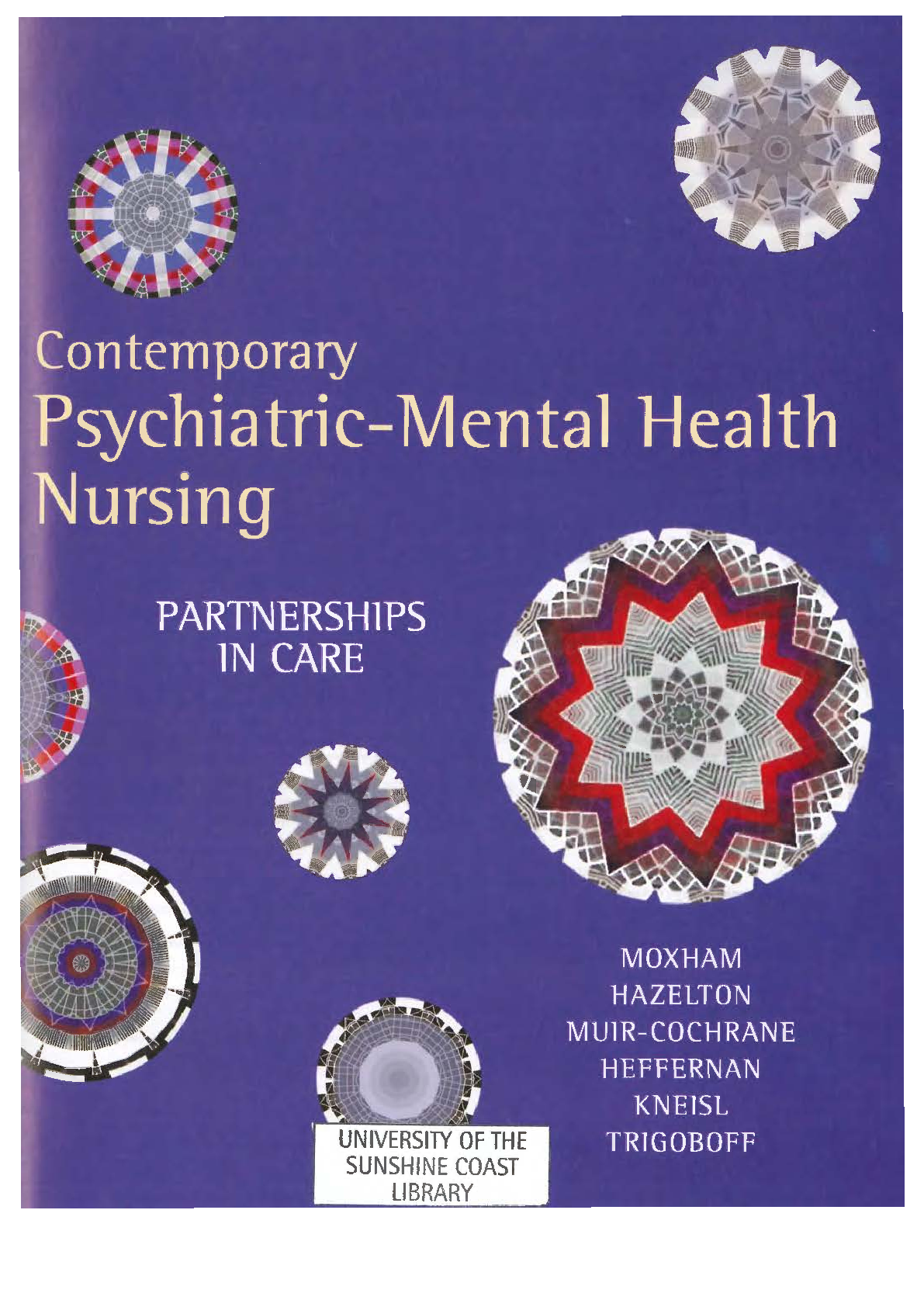
Reviews( 0 )
Recommended For You
*NURSING> Text Book Notes > Contemporary Psychiatric- Mental Health Nursing. The therapeutic relationship. Best Study Notes. (All)

Contemporary Psychiatric- Mental Health Nursing. The therapeutic relationship. Best Study Notes.
LEARNING OUTCOMES A~er completing this chapter, you will be able to: I. Understand that people living with mental illness expect to engage in a therapeutic relationship that is equal and reciprocal...
By QuizMaster , Uploaded: Jul 11, 2020
$9
*NURSING> Text Book Notes > Contemporary Psychiatric- Mental Health Nursing. The therapeutic relationship. Best Study Notes. (All)

Contemporary Psychiatric- Mental Health Nursing. The therapeutic relationship. Best Study Notes.
LEARNING OUTCOMES A~er completing this chapter, you will be able to: I. Understand that people living with mental illness expect to engage in a therapeutic relationship that is equal and reciprocal...
By QuizMaster , Uploaded: Jul 11, 2020
$9
Anthropology> Text Book Notes > THE VAMPIRE - A STUDY IN SLAVIC BI-CULTURALISM in Perkowsky, Jan. Vampires of the Slavs. Cambridge, MA: Slavica, 1976. pp 191-195. Perkowski - The Vampire - Four Types of Vampires (All)
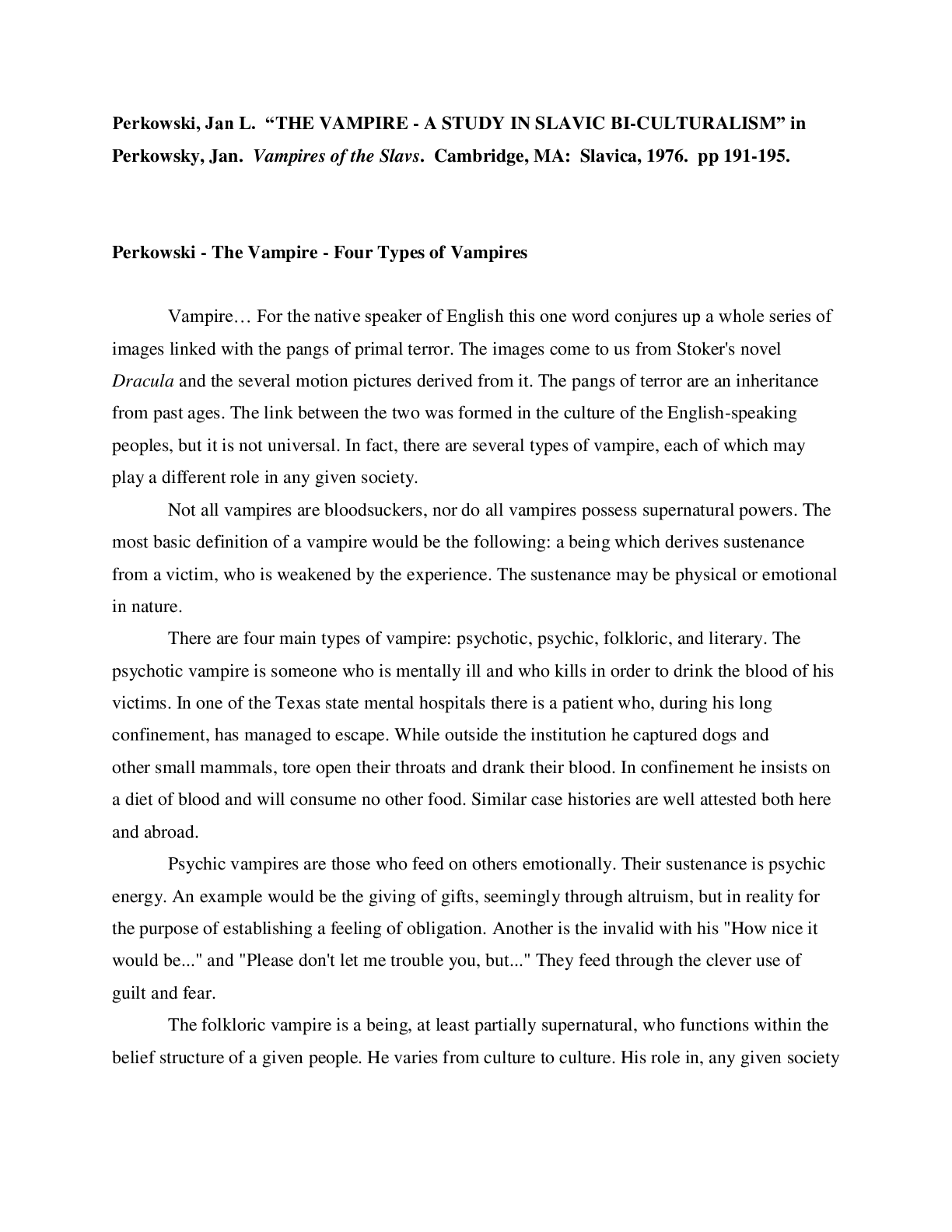
THE VAMPIRE - A STUDY IN SLAVIC BI-CULTURALISM in Perkowsky, Jan. Vampires of the Slavs. Cambridge, MA: Slavica, 1976. pp 191-195. Perkowski - The Vampire - Four Types of Vampires
Vampire… For the native speaker of English this one word conjures up a whole series of images linked with the pangs of primal terror. The images come to us from Stoker's novel Dracula and the several...
By Kirsch , Uploaded: Nov 30, 2019
$5.5
MED SURG> Text Book Notes > CLINICAL HANDBOOK FOR BRUNNER & SUDDARTH'S TEXTBOOK OF MEDICAL SURGICAL NURSING, 14 TH EDITION, By Walters Kluwer (All)
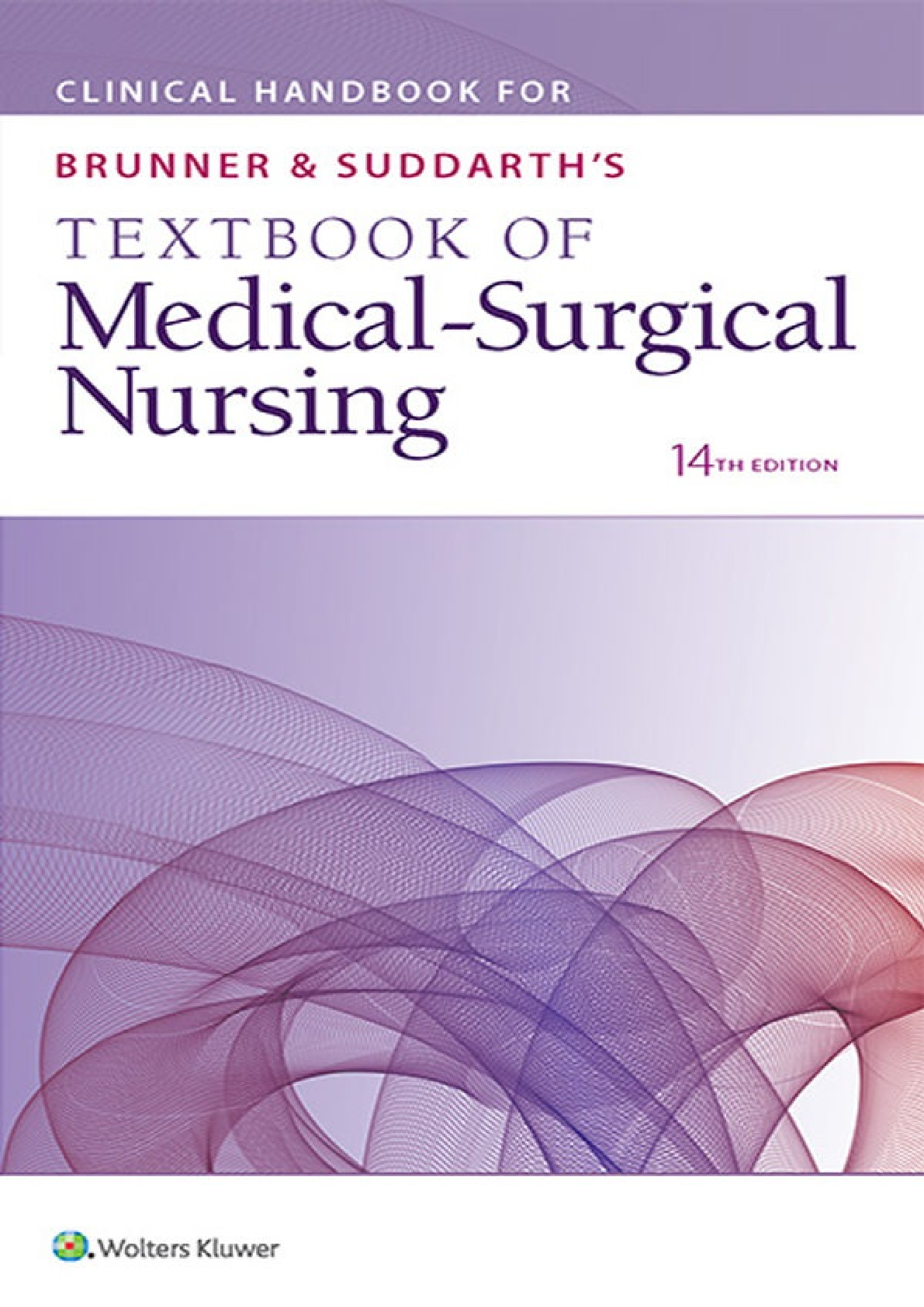
CLINICAL HANDBOOK FOR BRUNNER & SUDDARTH'S TEXTBOOK OF MEDICAL SURGICAL NURSING, 14 TH EDITION, By Walters Kluwer
Acquired Immunodeficiency Syndrome (HIV Infection) Acquired immunodeficiency syndrome (AIDS) is defined as the most severe form of a continuum of illnesses associated with human immunodeficiency virus...
By TopRankProf , Uploaded: Jun 22, 2023
$60
Engineering> Text Book Notes > Absorbed Dose Determination in External Beam Radiotherapy (All)
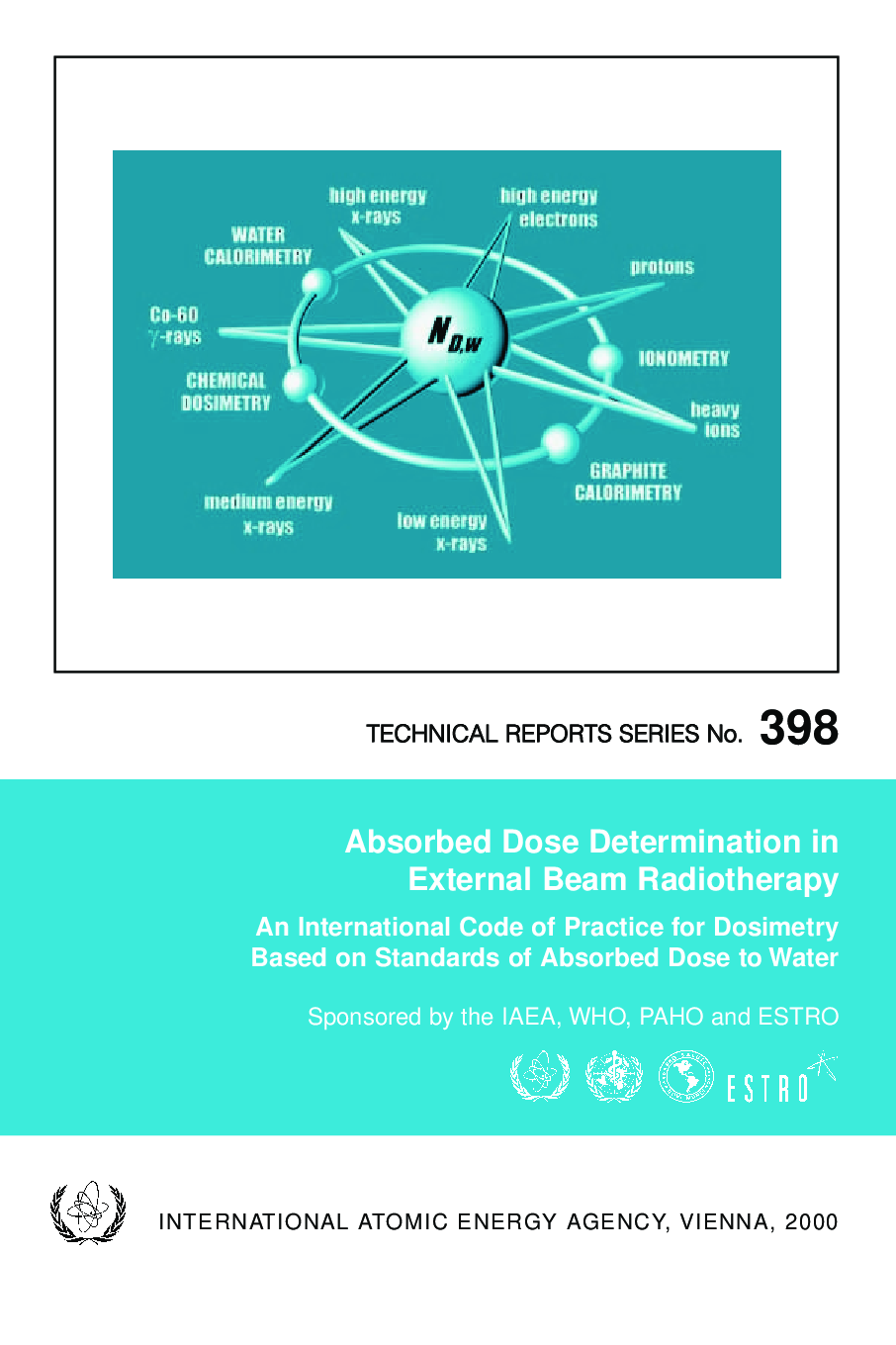
Absorbed Dose Determination in External Beam Radiotherapy
An International Code of Practice for Dosimetry Based on Standards of Absorbed Dose to Water
By Larry , Uploaded: Sep 04, 2019
$20
*NURSING> Text Book Notes > RN Fundamentals ATI: Fundamentals for Nursing REVIEW MODULE EDITION 9.0 Questions and Answers With Detailed Scenario, Explanations and Rationale. (All)
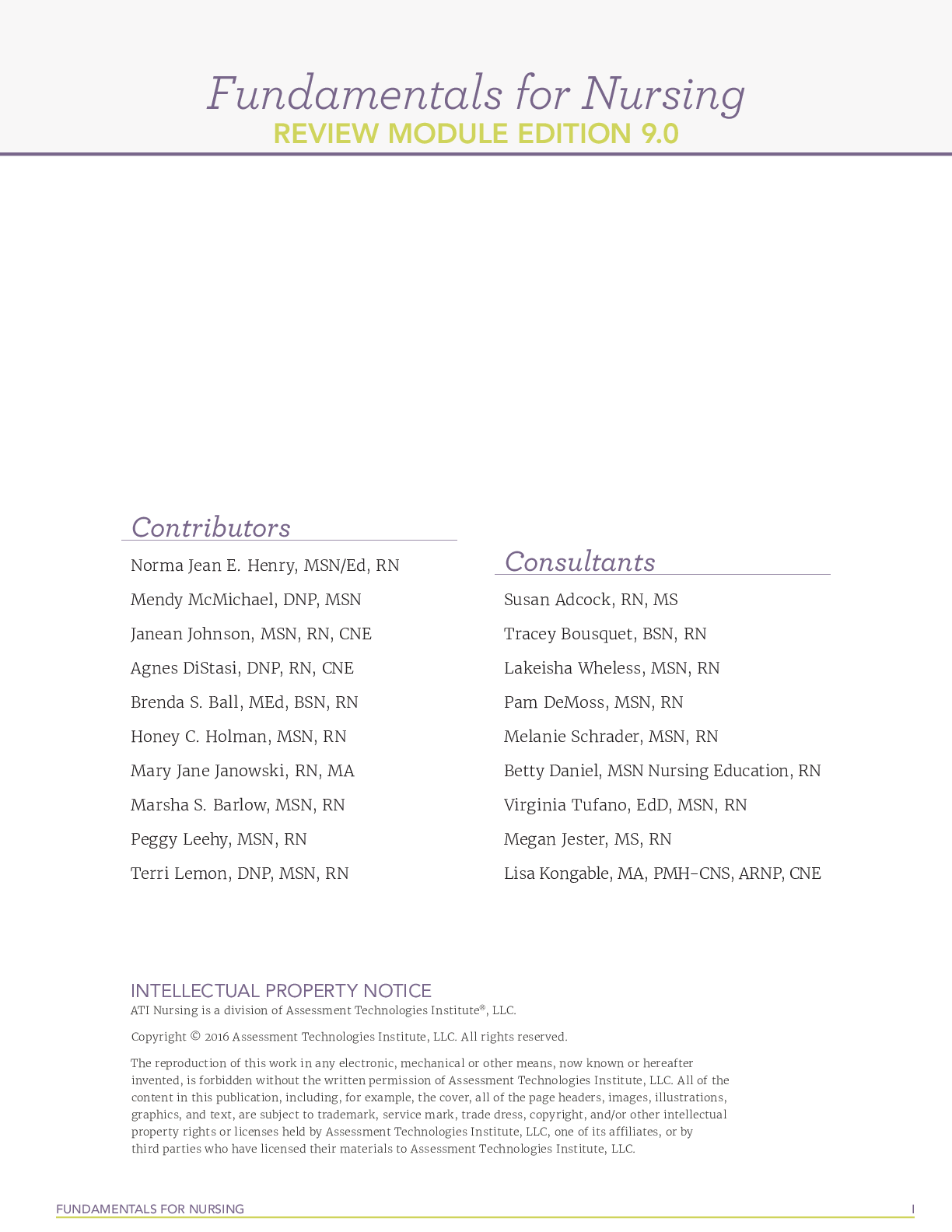
RN Fundamentals ATI: Fundamentals for Nursing REVIEW MODULE EDITION 9.0 Questions and Answers With Detailed Scenario, Explanations and Rationale.
ACTIVE LEARNING SCENARIOS AND APPLICATION EXERCISES Each chapter includes opportunities for you to test your knowledge and to practice applying that knowledge. Active Learning Scenario exercises p...
By Kirsch , Uploaded: Jun 04, 2020
$15
*NURSING> Text Book Notes > NEUROSURGERY PRACTICE QUESTIONS AND ANSWERS (805 Question and Answers with Illustrations) (All)
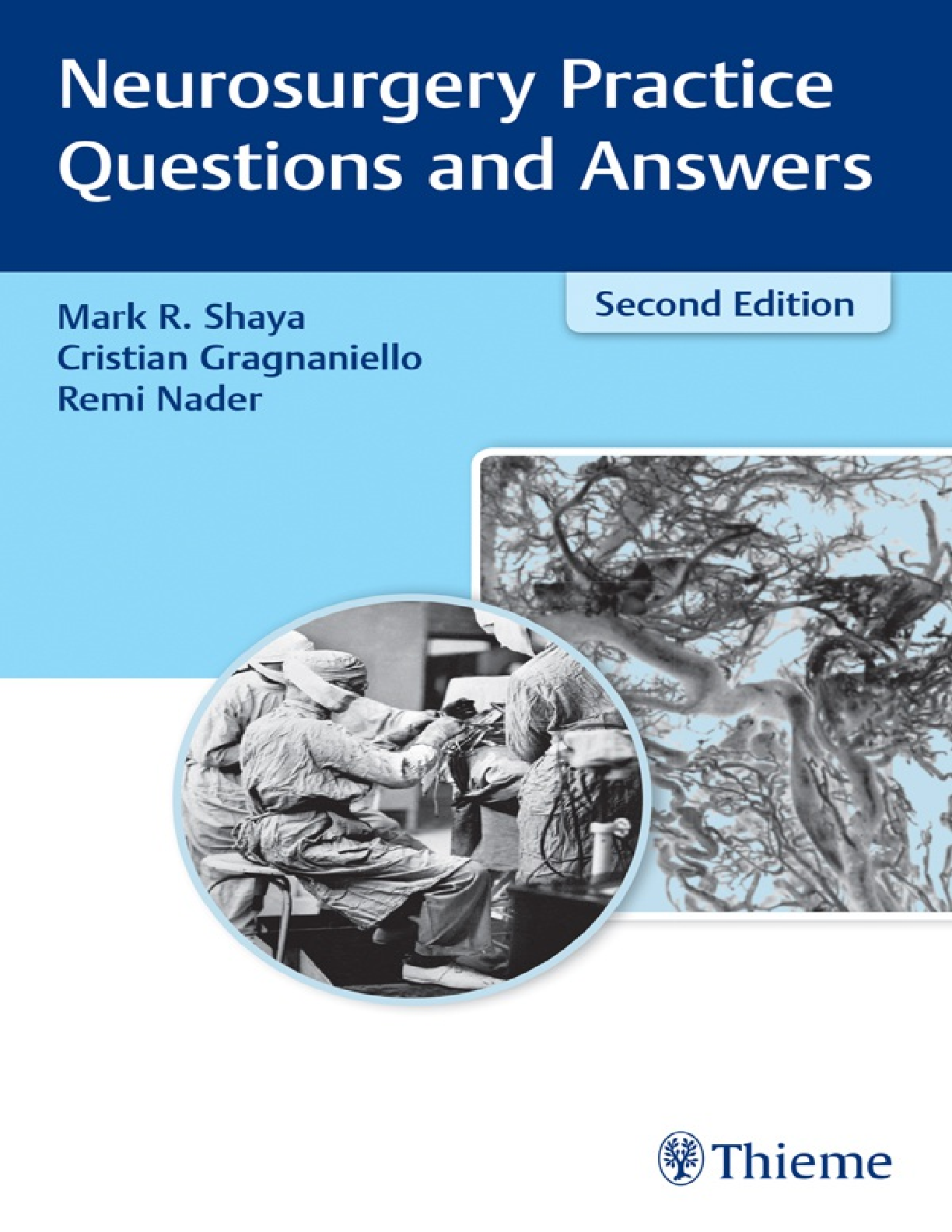
NEUROSURGERY PRACTICE QUESTIONS AND ANSWERS (805 Question and Answers with Illustrations)
Content Foreword Preface Questions Answers 1. Regarding the pathophysiology of myasthenia gravis, what is/are the possible mechanisms by which acetylcholin...
By Kirsch , Uploaded: Jun 03, 2020
$20
Economics> Text Book Notes > Cracking the AP Economics Micro & Macro Exams, 2020 Edition: Practice Tests & Proven Techniques to Help You Score a 5 (College Test Preparation) (All)

Cracking the AP Economics Micro & Macro Exams, 2020 Edition: Practice Tests & Proven Techniques to Help You Score a 5 (College Test Preparation)
Contents Cover Title Page Copyright Acknowledgments Get More (Free) Content Part I: Using This Book to Improve Your AP Score Preview: Your Knowledge, Your Expectations Your Guide to Using This...
By Kirsch , Uploaded: Jun 03, 2020
$18
*NURSING> Text Book Notes > psychiatric-mental-health-nursing-by-videbeck. 6th ed. (All)
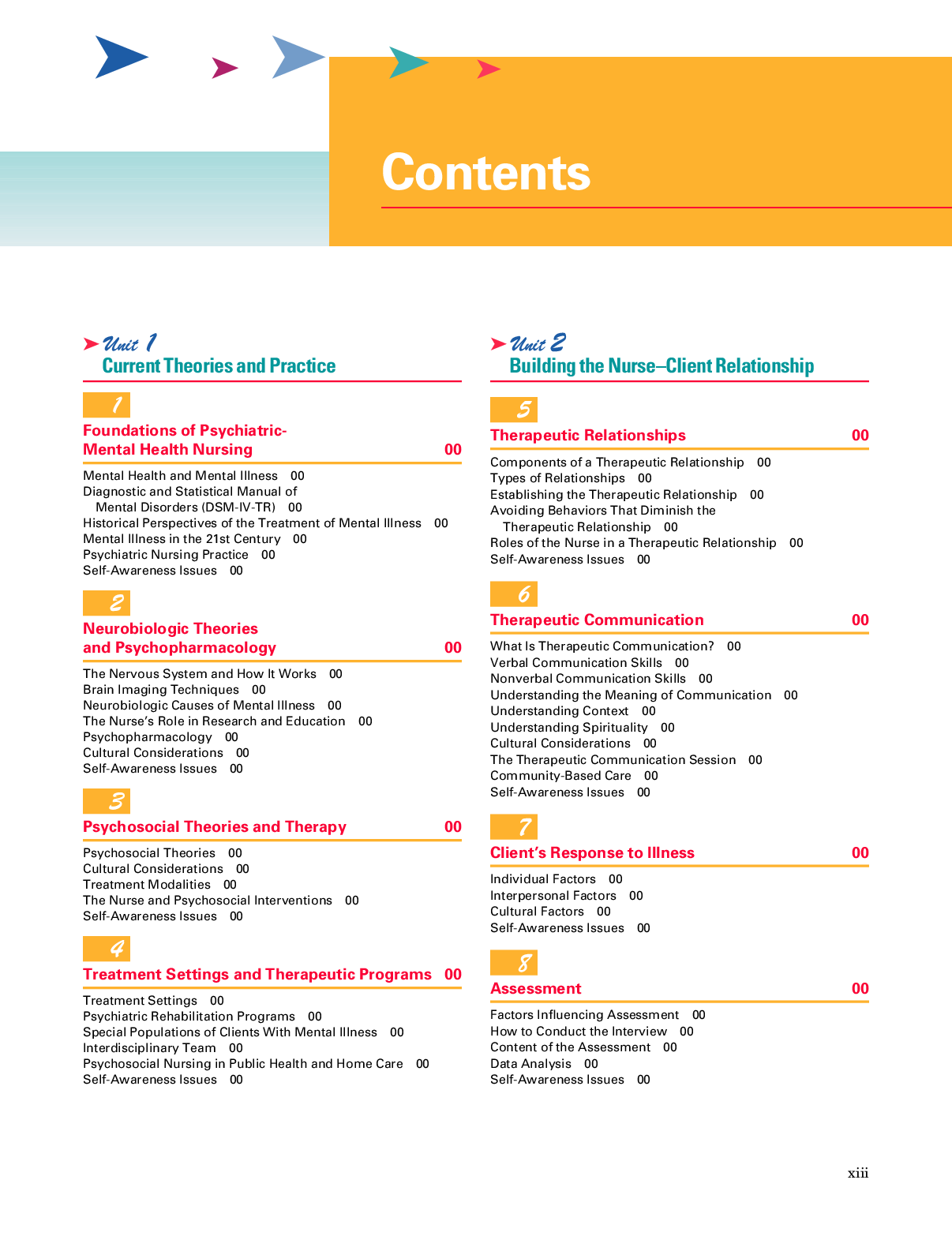
psychiatric-mental-health-nursing-by-videbeck. 6th ed.
Contents ➤Unit 1 Current Theories and Practice 1 Foundations of PsychiatricMental Health Nursing Mental Health and Mental Illness Diagnostic and Statistical Manual of Mental Disorders (DSM-IV...
By Kirsch , Uploaded: Jun 03, 2020
$10
Education> Text Book Notes > HESI A2 Study Guide 2020 & 2021 HESI Study Guide Admission Assessment Exam Review 4th Edition & Practice Test Questions [Includes Detailed Answer Explanations] (All)
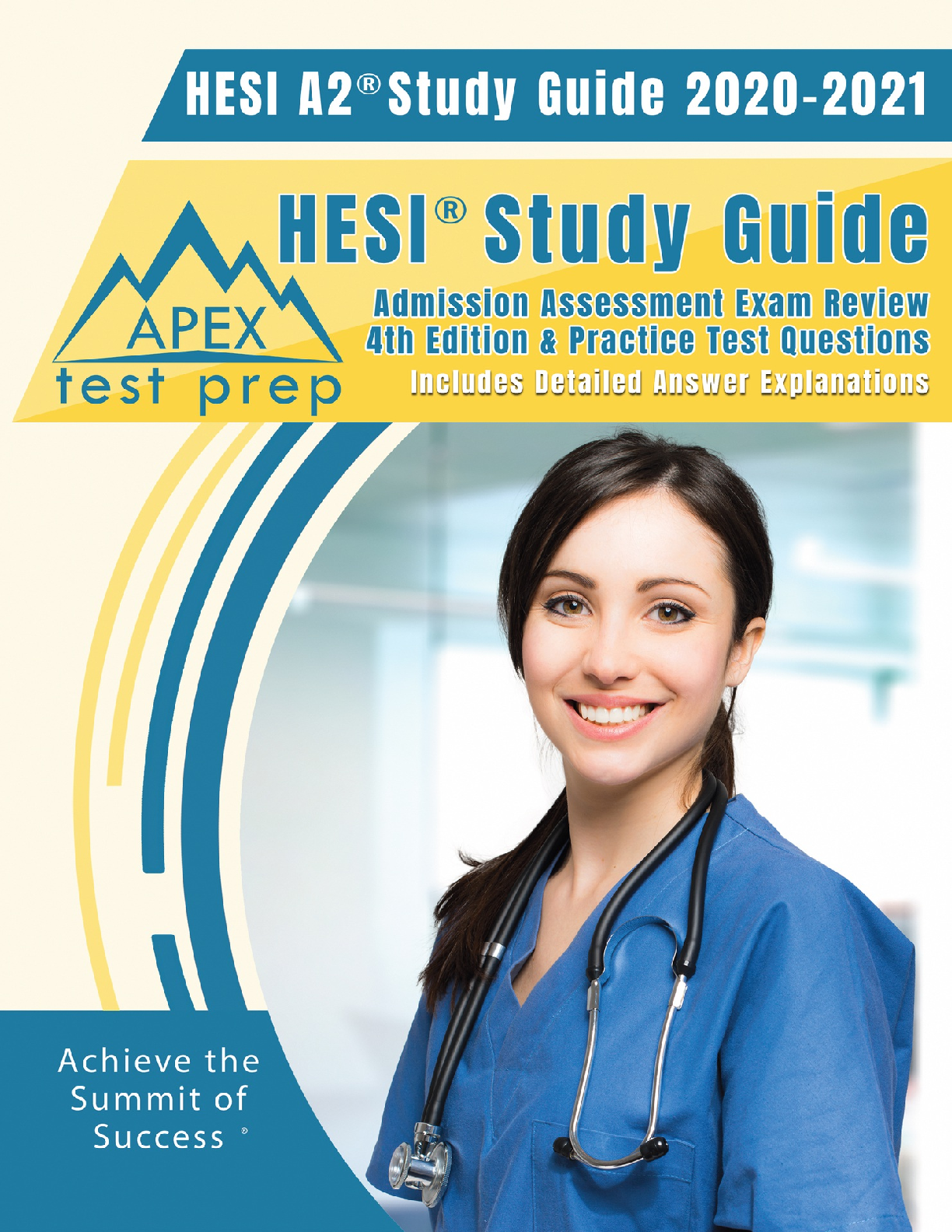
HESI A2 Study Guide 2020 & 2021 HESI Study Guide Admission Assessment Exam Review 4th Edition & Practice Test Questions [Includes Detailed Answer Explanations]
Table of Contents Introduction to the HESI Admission Assessment Exam Math HESI Math Practice Questions Answer Explanations Reading Comprehension HESI Reading Practice Questions Answer Explanati...
By Kirsch , Uploaded: Jun 03, 2020
$22
Document information
Connected school, study & course
About the document
Uploaded On
Jul 11, 2020
Number of pages
28
Written in
Additional information
This document has been written for:
Uploaded
Jul 11, 2020
Downloads
0
Views
115






